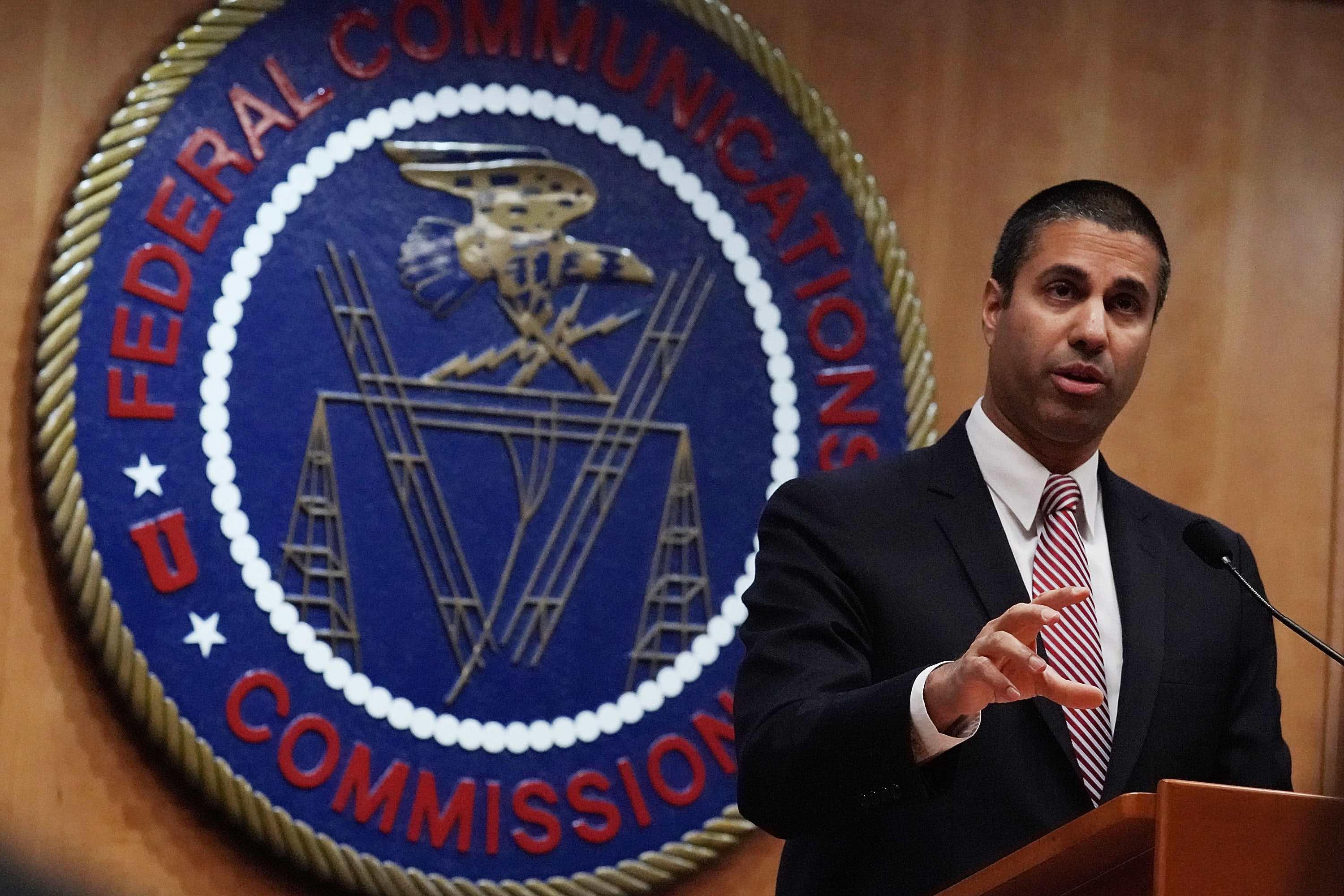In brief: Controversies around health risks posed by the use of 5G spectrum may well be put to rest as the FCC has made its stance clear, again, about the safety of the new technology. The agency's chairman, Ajit Pai, is proposing a uniform set of guidelines to help in assessing whether phones and other handheld gadgets are in compliance with the FCC's RF standards.
As RF antennas are deployed in cities in increasing numbers for supporting 5G networks, numerous health concerns have popped up around the subject and whether human exposure to such radio frequencies can result in cancer or other ailments.
Since the technology works on higher frequency signals, an increased quantity of towers is required in close proximity to each other, which prompted a letter to the FCC from Senator Richard Blumenthal and Representative Anna G. EShoo regarding the safety of 5G technologies.
The FCC officials in a recent statement, reassured the public about 5G's safety and said that no changes will be made to the current RF exposure limits as they're already among the most stringent in the world. Jeffrey Shuren, director of the Food and Drug Administration's Center for Devices and Radiological Health, wrote to the FCC about the exposure limits and said that "the available scientific evidence to date does not support adverse health effects in humans due to exposures at or under the current limits," and that no changes to the current standards were warranted at this time.
The statement also pointed towards the FCC setting radiofrequency limits in close consultation with the FDA and other health agencies. "After a thorough review of the record and consultation with these agencies, we find it appropriate to maintain the existing radiofrequency limits, which are among the most stringent in the world for cell phones," said Julias Knapp, chief of the FCC's Office of Engineering and Technology.

Any device that produces an RF signal like mobiles, handheld gadgets, small and macro cell towers, fall under the existing RF exposure limits, said the FCC officials, with the statement put out by the agency also mentioning Chairman Ajit Pai's proposal for a set of guidelines to ensure compliance with the limits regardless of "service or technology," which will replace the Commission's "current inconsistent patchwork of service-specific rules."
The Chairman also put forward a proposal for formalizing the application of the existing standard to certain frequencies that would involve seeking comments on "establishing a rule to formalize the Commission's existing methods of determining compliance with the RF exposure standard for devices operating at high frequencies."
